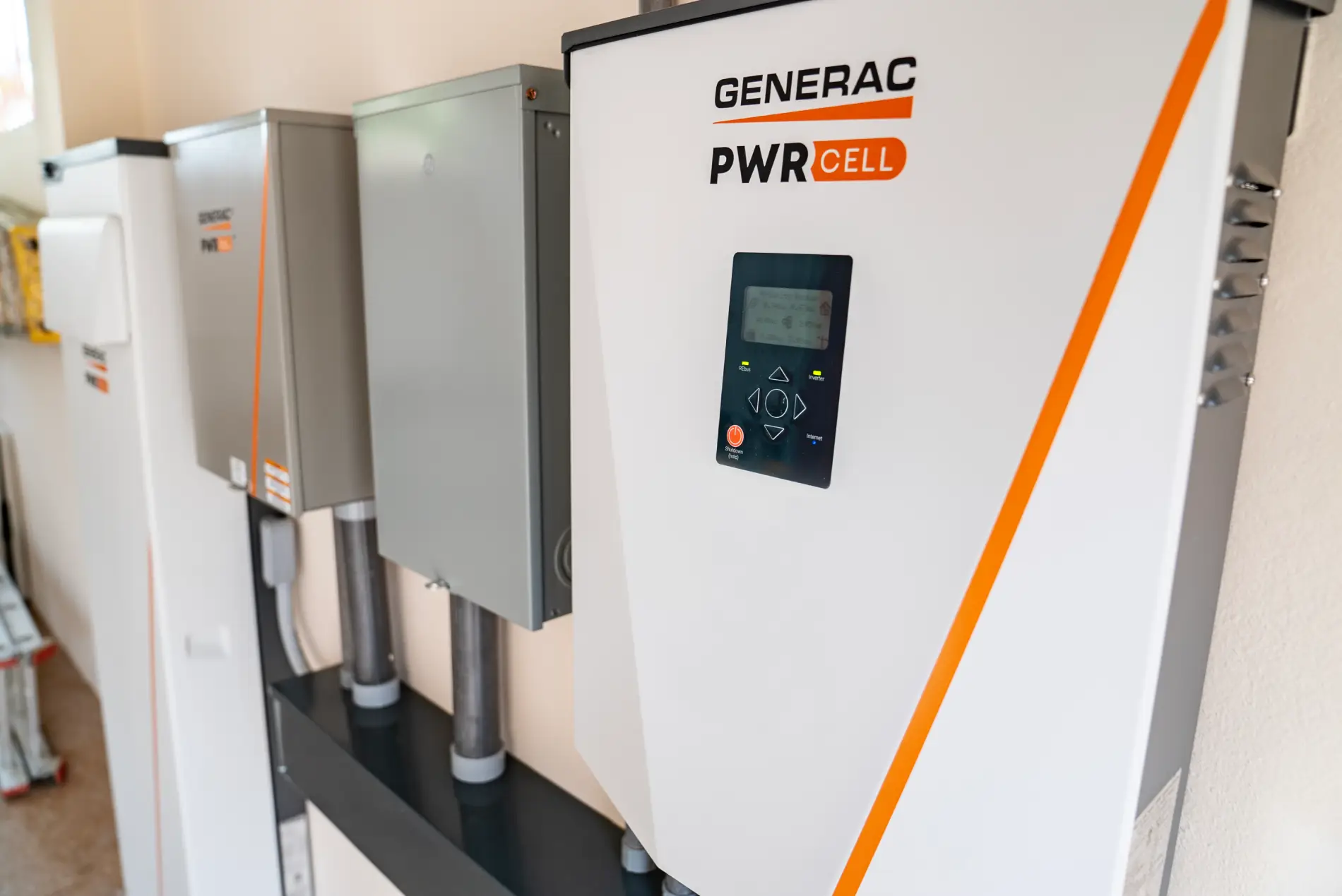If you’re considering financing a home solar array, it’s essential to determine whether to go with a solar company offering financing or to explore options through your local financial institution. Knowing the right questions to ask and the steps to take can help you avoid predatory financing and excessive interest rates. This blog post will guide you through the crucial questions to ask solar companies and financial institutions to ensure you secure the best deal. Let’s dive deeper into this project, what questions to consider and learn more about identifying disreputable companies.
Here is a list of options available, their strengths and weakness:
1. Traditional Bank Loans – Typically bank offer competitive interest rates and fixed monthly payments providing predictability and stability in your budget. It allows you to own the solar system outright, making the 30% tax credit eligible. Bank loans can have flexible terms, allowing you to choose a repayment schedule that suits your financial situation.
But securing a bank loan often requires good credit and may not be available to all homeowners. Interest costs do increase the total cost of the solar project. The application and approval process for bank loans can be time-consuming and involve extensive documentation.
2. Local Credit Unions – This type of loan offers lower interest rates and more favorable terms compared to traditional banks, making solar loans more affordable. They provide personalized customer service with a community-focused approach, ensuring a supportive borrowing experience. Many credit unions offer special green loan programs specifically designed for renewable energy projects, providing added benefits.
But membership is typically required and eligibility may be limited based on location. Credit unions have fewer branches and limit online services compared to larger financial institutions, which may be less convenient.
3. Home Equity Loan or Line of Credit (HELOC) – This type of loan often have lower interest rates compared to other loan types, making them a cost-effective option for financing solar projects. They provide flexibility, allowing you to borrow only what you need and repay on a variable schedule which can be great for managing cash flow – interest may be tax deductible, but consult a tax advisor first.
Be aware that using a HELOC puts your home at risk as it serves as collateral and failure to repay a solar loan can lead to foreclosure. You need to have sufficient equity in your home and if interest rates go up, it can lead to higher payments.
4. Power Purchase Agreement (PPA) – Loans like PPAs typically require no upfront cost, making solar energy accessible without a large initial investment It allows homeowners to pay for the electricity generated by the solar panels at a lower rate than their utility, providing immediate savings on energy bills.
Keep in mind that homeowners do not own the solar system, which means they cannot take advantage of the tax credits and other ownership incentives. This is quite a negative aspect of PPAs. To make matters worse PPAs often face higher long-term costs including escalator clauses that increase the rate per kilowatt-hour over time.
Additionally, selling a home with an active PPA can complicate the sale, as the agreement needs to be transferred to the new owner. The general consensus is that PPAs may not always be straightforward or intentionally misleading – read the agreement very carefully and with skepticism. Consumer Affairs – Solar
Identifying Disreputable Solar Companies
Disreputable solar companies often employ predatory financing practices that can be detrimental to consumers. The companies use high-pressure sales tactics to rush homeowner into signing complex and opaque contracts, often with hidden fees and high-interest rates that significantly increase the over cost of the solar project and many instances up to $30,000 over the cash price. They may even advertise “free solar” or “no money down solar”.
Additionally, these companies will not disclose the homeowner is not eligible to receive the Federal Tax Credit, because it is the solar company who “owns” the equipment and they force the homeowner to give them the tax credit money. Buyer beware of PPAs.
Warning Signs of Bad Actors
Yes, there are predatory home solar companies that offer financing options with unfavorable terms designed to take advantage of consumers. These companies often use aggressive sales tactics and provide misleading information to secure financing agreements that can be detrimental to homeowners. Here are some warning signs and tactics used by predatory solar companies. Consumer Affairs – Solar PPAs
Warning Signs of Predatory Solar Companies
- Aggressive Sales Tactics: High pressure sales techniques that push you to sign a contract quickly without giving you enough time – quite often on the first meeting.
- Misleading Advertising: Promise of “free solar or no upfront costs” without clearly explaining the terms and conditions. These deals often involve high interest loans, leases, or PPAs.
- Complex Contracts: Long contracts that are difficult to understand or ambiguous when even reading carefully through its entirety.
- Lack of Transparency: Companies unwilling to provide detailed information about services and financing, even penalties for early repayment.
- Bait and Switch: Some companies offer a low initial quote, then keep increasing the amount over time.
When financing a home solar array, it is essential to compare options from solar companies and local financial institutions to avoid predatory practices and excessive interest rates. Traditional bank loans, local credit union loans, home equity lines of credit (HELOC), and power purchase agreements (PPAs) each have unique strengths and weaknesses. Consumers should be vigilant for disreputable solar companies that use high-pressure sales tactics, misleading advertising, and complex contracts to secure unfavorable financing agreements. Solar Sage PPAs

